MARKET OVERVIEW
The Global Bidding and Auction Technology market and industry will continue to transform how businesses and individuals engage in competitive purchasing and sales. As digital transactions expand, innovations in this sector will redefine the efficiency and security of online auctions, shifting the dynamics of global trade. While many discussions focus on the market's economic impact and operational strategies, the broader implications stretch beyond conventional perspectives, shaping the future of commerce, technology integration, and even regulatory landscapes.
Technological developments will shape and change auctioning platforms. Blockchain and AI, in all probability, will feature centrally to provide the platform's optimization for real-time bidding. Artificial intelligence, predictive analytics-driven by it, will also develop optimal strategies with the aid of behavioral patterns and historical data in providing participants with insights. It will serve big businesses as well as small-scale enterprises and individual sellers to achieve access to the most competitive marketplace.
The Global Bidding and Auction Technology market will also influence commerce and intellectual property rights, digital collectibles, and probably government procurement systems. Tokenization and digital assets can increase the demand for safe auction systems that prove ownership and authenticity. Thus, in public administration, bids will become automated; distribution of contracts and all other bureaucratic inefficiencies will become a thing of the past while making overall government expenditures transparent.
As automation integrates further, ethical considerations will emerge regarding accessibility and fairness. While algorithmic bidding enhances efficiency, concerns regarding monopolization and exclusion will shape industry regulations. Companies will need to balance technological advancements with equitable practices, ensuring that automation does not disproportionately favor larger entities at the expense of smaller participants. The ethical implications of AI-powered decision-making will also become a focal point, as regulators scrutinize potential biases embedded within automated systems.
Another dimension of transformation will involve the cultural and psychological aspects of bidding. The market’s evolution will redefine consumer behavior, as gamification elements and immersive experiences influence how people perceive digital auctions. Augmented reality and virtual bidding environments may become standard, offering users an interactive experience that goes beyond traditional online platforms. The emotional triggers associated with competitive bidding will be analyzed through behavioral economics, refining auction strategies to maximize engagement and retention.
Cybersecurity would be one of the driving factors for this market. It's when more and more transactions are being done electronically, data protection is emerging to be an issue. Secure methods of encryption and biometric authentication would be applied and implemented to prevent unauthorized access and data breaches. Reliance on decentralized technology may further reduce risk, proving the immutability of transactions.
The influence of the Global Bidding and Auction Technology market will extend beyond business applications, affecting legal frameworks and taxation policies. International trade regulations may adapt to accommodate the complexities of cross-border digital bidding. Governments will explore taxation models that reflect the revenue generated from digital auctions, potentially altering economic policies on a global scale.
This market’s progression will not be confined to commerce alone but will be a driving force behind the technological, legal, and ethical shifts that will define the digital economy. As innovations continue to shape competitive trading landscapes, the broader impact of these advancements will reach far beyond transactions, influencing societal structures and regulatory frameworks in unprecedented ways.
Global Bidding and Auction Technology market is estimated to reach $9,856.94 Million by 2032; growing at a CAGR of 14.1% from 2025 to 2032.
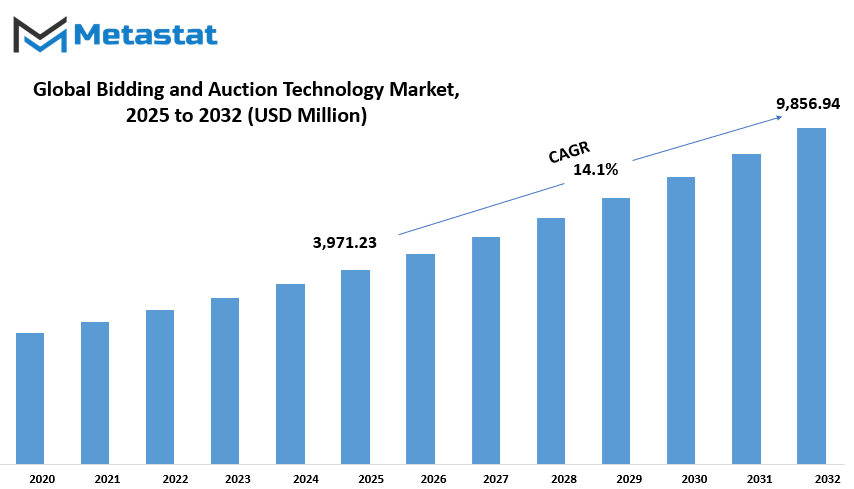
GROWTH FACTORS
The Global Bidding & Auction Technology market is witnessing rapid growth with the widespread adoption of online auctions. Both businesses and people prefer digital over physical platforms due to the better transparency and efficiency in transactions they offer. Traditional bidding methods often involved long processes and uncertainty, but online auctions allow real-time participation and better decision-making. Buyers and sellers benefit from quicker deal closures, and the accessibility of these platforms has expanded the market’s reach.
Yet another big driver of this growth is AI-driven bidding systems, especially in digital advertising. Business firms place their advertisements using automated bidding tools such that they reach the right target audience at the best price. AI-powered solutions enable huge volumes of data in real time for analyzing efficacy and ease of labor in managing bids.
As digital advertising grows, these AI-driven technologies will be expected to play a greater role in making the process more efficient and yielding higher returns. However, these developments also have challenges facing the market and possibly slowing it.
Auctions online handle monetary transactions and other sensitive user information, hence attracting cyber attacks. Fraud, for instance, by fake bidding and identity thefts, exposes buyers and sellers to risks. Improvement in security measures is required in order to foster trust between the users.
Regulatory challenges also present obstacles for the market. Different regions have varying laws and compliance requirements, making it difficult for companies to operate globally without facing legal complexities. Navigating these regulations requires businesses to stay updated with policy changes and invest in compliance measures, which can add to operational costs. Ensuring that auction platforms adhere to legal frameworks is crucial for sustaining market growth.
In the future, implementation of blockchain technology would unlock new avenues for this industry. Blockchain technology depicts a decentralized and tamper-proof system that increases the security and transparency of the entire auction process. It automatically negates notions of fraud and ensures fair practice in auctions because the transactions are recorded in an immutable ledger. As business remains keen on building trust and reliability in online auctions, blockchain technology can become the most sought-after trends in the coming years.
Global Bidding & Auction Technology market is growing as technologies improve efficiency and security. Although cybersecurity risks and regulatory challenges pose challenges, growing reliance on AI and potential in blockchain technology hint at good prospects. With increasing digital transactions, the industry will continue to expand further and offer new possibilities for businesses and consumers alike.
MARKET SEGMENTATION
By Technology Type
The global Bidding & Auction Technology market is witnessing rapid growth as digitization is being widely accepted by businesses and people. This industry has become crucial in providing fair and competitive trading between buyers and sellers through efficient interaction. Technological advancements, online transactions, and increasing demand for transparent and automated bidding systems are the main factors propelling the market.
This segment of Technology Type is further divided into Online Auction Platforms that amount to a market value of $1,704.02 million, Reverse Auction Platforms, Hybrid Auction Platforms (Online & Offline), and Automated Bidding Systems. The popularity of online auction platforms has increased because of their convenience, ease of usage, and ability to connect buyers and sellers from various locations.
In fact, Reverse Auction Platforms are on the rise in procurement practices mainly because companies compete to get goods and services for the lowest prices. Hybrid auction platforms combine all the best principles of online as well as off-line bidding and is an optimal approach for all industries where some value still is attached to a traditional system. Automated Bidding Systems, however, make it easier by allowing algorithms to bid on behalf of the users in order to maximize efficiency and minimize human intervention.
There are many factors that drive this market to expand. With the move toward digital commerce, it has pushed companies to invest in more sophisticated auction technologies that are able to maximize price and market reach. Furthermore, automation is changing the nature of bidding with artificial intelligence and machine learning that help to identify patterns and make real-time decisions. Such innovation does not only enhance the accuracy but also save time and resources for the participants.
Security and transparency are key concerns in auction-based transactions. With more and more users participating in online auctions, it becomes highly important to ensure that the process itself is intact. Blockchain is now being used as a way to increase the trust value through the creation of tamper-proof records concerning bids and transactions to ensure that there is no manipulation and the process is fair and clean.
It's a competitive landscape, with players both established and new, vying to offer innovative solutions to the market. Companies are more focused on having user-friendly interfaces, mobile access, and advanced security measures that can attract participants. Strategic partnerships and acquisitions have also become prevalent, as companies seek to broaden their capabilities and expand their reach in the market.
In this context, further growth of the Global Bidding & Auction Technology market is in sight, since technology will be advancing even further. Increasing dependency on digital mediums will mean more businesses and individuals will take on these solutions for smooth, hassle-free transactions. Innovation will lead to improved security measures, ensuring that this industry will keep advancing towards smooth experiences for the end-users.
By Industry
The Global Bidding & Auction Technology market has grown due to the increased digital transformation in the industries. Now, businesses and organizations are looking for technology-driven platforms that help them make the bidding and auction process more efficient and accessible. The different types of industries adopting these platforms include e-commerce, real estate, art and antiques, automotive, government and public procurement, financial markets and investments, and charity and fundraising. All parties involved in each sector benefit from the enhanced transparency, real-time bidding, and greater efficiency in transactions.
The e-commerce industry experienced a growth in online auctioning websites where clients bid competitively. This way of bidding will help companies ensure higher revenue generation; however, this time, consumers can enjoy better deals. Even the real estate sector adopted the use of auction technology, thereby helping purchasing agents obtain properties through online and live-bidding events.
These platforms offer the sellers wide markets and enable the transactions process to be carried out much quicker. Similarly, the art and antiques marketplace has become technological through online auctioning where collectibles and hobbyists from various parts of the world can have a battle out in bidding no matter their geographies.
In the automobile industry, technology in bidding is very crucial for the buying and selling of cars. Online auto auctions provide dealerships, individuals, and businesses with a convenient way to access a wide range of vehicles. This method eliminates the need for physical showrooms and enhances market reach. Government and public procurement have also integrated auction platforms to ensure fair competition and transparency in the bidding process. These platforms help governments secure the best deals for goods and services while minimizing corruption risks.
Financial markets and investments use the bidding system for trading stocks, commodities, and other assets. These platforms offer investors a structured way to buy and sell assets through competitive bidding, ensuring fair market value. Charity and fundraising organizations have also adopted auction technology to raise funds effectively. Online and live auctions enable them to engage a larger audience, thereby increasing participation and donations.
This adoption across industries demonstrates how important auction technology has become in modern commerce. It enables the efficient facilitation of transactions, access to a global audience, and transparency in dealings, making these platforms extremely invaluable. Their further innovation in an advancing technology is also expected to continue into the future market.
This can mean an increase in security with AI and blockchain integration, process automation, and even greater insight into the bidding trend. Therefore, as progress is continuously being made, the Global Bidding & Auction Technology market will be enhanced and expand the opportunity for numerous industries to operate efficiently and sustain growth.
By End-User
The Global Bidding & Auction Technology market is growing fast, mainly due to the growth in digital platform adoption across industries. Technology advancement has dramatically changed the way people buy and sell goods and services, making online auctions more efficient and accessible. This transformation has led to increased participation from a wide range of end-users with different needs and expectations.
Individual consumers are typically the main market participants, seeking ease in purchasing goods at convenient prices. Online auctions give them a chance to bid for different items ranging from electronics to real estate items, thus possibly getting deals they cannot receive through other retail operations. E-commerce and mobile applications have become increasingly popular and have smoothed the process even more to make it easier for a person to participate in auctions from anywhere.
In fact, businesses - especially B2B - implement auction technology for more efficient procurements and effective cost optimization. Online bidding has become a popular tool for purchasing raw materials, office supplies, and specialized equipment by companies. By using auctions, businesses get wider access to a supplier base, better negotiations, and the guarantee of transparence of all transactions involved. This practice maximizes efficiency and reduces costs on procurements, which appeals to businesses regardless of their scale.
Governments and non-profit organizations also make significant contributions to the market. Public sector organizations employ auction technology for asset liquidation, contract bidding, and resource allocation. Many governments conduct auctions for real estate, vehicles, and surplus equipment to ensure that resources are distributed fairly and efficiently. In addition, non-profits employ bidding platforms for fundraising events so that donors can participate in charity auctions from various locations. Such organizations enjoy higher engagement and better fundraising results with digital solutions.
Investors and collectors form another important segment, as they actively participate in auctions to acquire valuable assets. Whether dealing with fine art, antiques, rare collectibles, or financial instruments, these participants rely on auction technology to access exclusive opportunities. The online platform for bidding also expanded their coverage, allowing the bidders to reach global markets and compete on high-value products with much more ease.
Continuous development of newer technologies such as artificial intelligence and blockchain is modifying the market so that security and efficiency in an auction process may be enhanced by automated bidding systems, real-time analytics, and secure payment solutions. With digital transformation underway, the demand for advanced auction platforms is likely to increase, opening up innovation and expansion opportunities across all end-user segments. This dynamic shift underlines the role of technology in shaping the future of the bidding and auction industry.
|
Forecast Period |
2025-2032 |
|
Market Size in 2025 |
$3,971.23 million |
|
Market Size by 2032 |
$9,856.94 Million |
|
Growth Rate from 2024 to 2031 |
14.1% |
|
Base Year |
2024 |
|
Regions Covered |
North America, Europe, Asia-Pacific, South America, Middle East & Africa |
REGIONAL ANALYSIS
The global Bidding and Auction Technology market has seen significant growth in recent years, driven by advancements in digital platforms and increasing adoption across various industries. Businesses and individuals are leveraging these technologies to streamline the bidding process, making transactions more efficient and accessible. As companies look for ways to enhance their procurement and sales strategies, auction platforms have become essential tools for ensuring competitive pricing and transparency.
Geographical Segmentation: North America, Europe, Asia-Pacific, South America, and Middle East & Africa. In each of them lies the future of the industry. Different adoption rates and levels of technological advancement will be present here. North America leads in market share because of the strong technological infrastructure and use of the online auction system among the U.S., Canada, and Mexico. The presence of leading industry players in the region along with the strong demand for automation solutions accounts for the supremacy.
Europe is also a significant participant in the market wherein countries including the UK, Germany, France, and Italy exhibit considerable activity. Shift towards a more digital transformation in procurement and sales processes has accelerated the adoption of this form of auction technology in the region. Rest of Europe remained mildly steady as more and more businesses became aware of the benefits of these portals.
As major areas of expanding in the market within the region include India, China, Japan, and South Korea. Gearing up business commerce on a strong digital infrastructure within e-commerce along with further application of different internet-based avenues that help run or facilitate online commerce has expanded growth for newer generation auction-related software solutions across developing economies also using them within those economies, too.
South America, which comprises Brazil, Argentina, and the Rest of South America, is slowly adopting auction technology. Although adoption rates are not as high as in North America and Europe, businesses in these countries are realizing the benefits of digital bidding processes. Increased investments in technology and a growing interest in automated solutions are expected to drive further growth in this region.
The Middle East & Africa market is also expanding. These include GCC Countries, Egypt, South Africa, and the Rest of the Middle East & Africa are studying potential new opportunities in auction technology. Governments and private enterprises are increasingly adopting these solutions to enhance procurement efficiency and improve transparency in transactions. With ongoing digital transformation efforts, the region is likely to see continued growth in the coming years.
In the global market for Bidding and Auction Technology, the trajectory has been an upward one because of technological developments and increased uptake across various industries. The demand for more effective transactions will, in the near future, determine these platforms to play a role in shaping commerce's future.
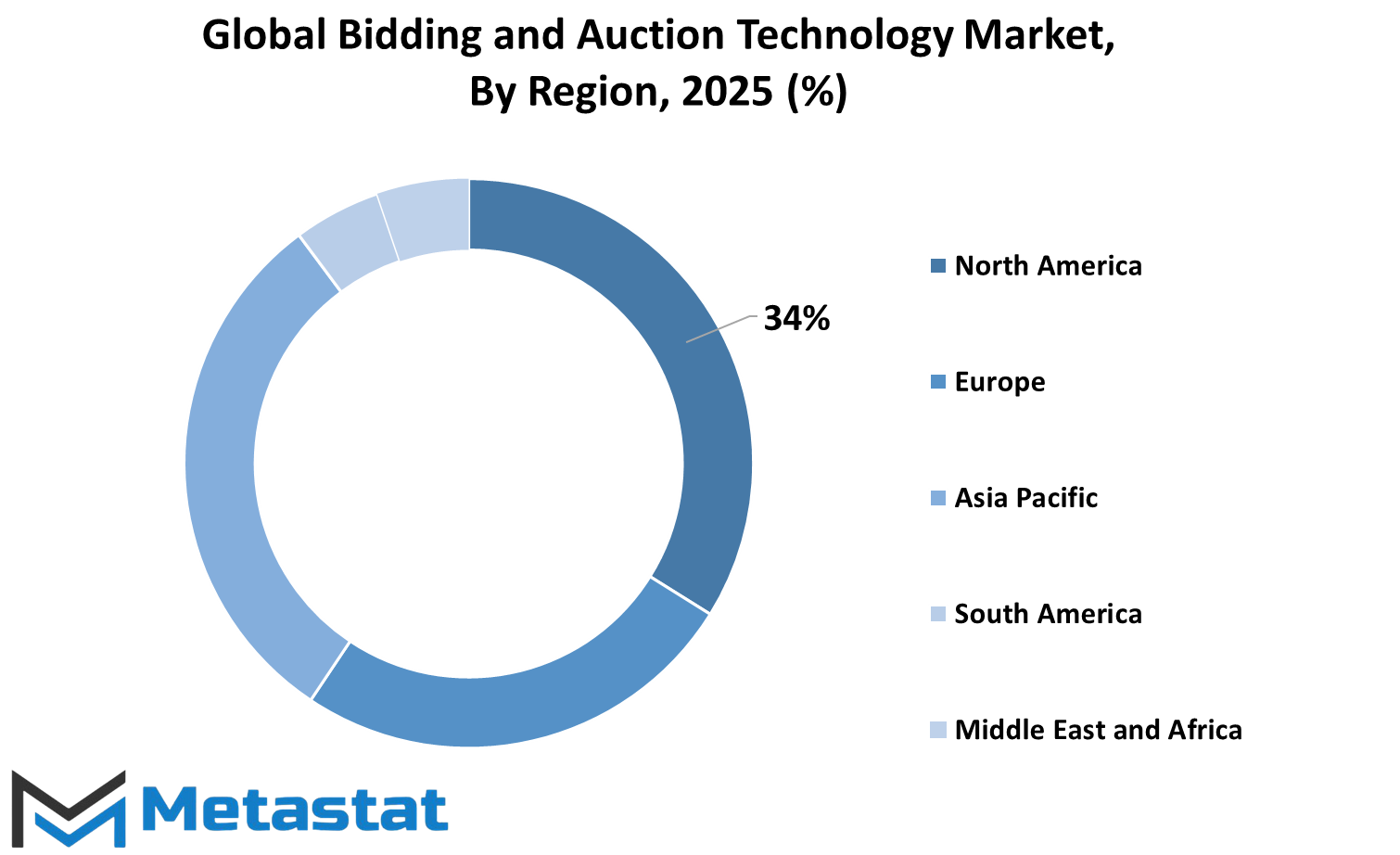
COMPETITIVE PLAYERS
The Global Bidding & Auction Technology market is growing as digital platforms transform the way auctions are conducted. Businesses and individuals rely on online bidding systems to buy and sell products, services, and collectibles. This shift has made auctions more accessible, allowing participants from different parts of the world to compete in real-time. Demand for efficient and secure auction technology continues to rise as people seek more transparency, automation, and smooth transactions.
A combination of the market leaders in terms of the application of Bidding and Auction Technology includes eBay, Sotheby's, Christie's, FrontStream Holdings, LLC., Bidsquare, AuctionZip, Auction.com, LiveAuctioneers, GovDeals, and Bidpath. Among these companies provide platforms that hold different types of auctions, mainly art and antique, real estate, and others like government surpluses; their advanced system ensures secure transaction, hence safety for both seller and buyer navigating the auction.
Online auctions have gained popularity because they eliminate geographical limitations, allowing buyers to participate from anywhere. Unlike traditional auctions that require physical presence, digital bidding platforms enable real-time participation through computers or mobile devices. This convenience has expanded the auction market, attracting a broader audience, including collectors, investors, and everyday consumers.
Security and trust have been incorporated as key requirements in online auctions. The site integrates verification processes, fraud detection mechanisms, and secure payment options for users' protection. Integrity is the other significant attribute. Bidding histories are open, and fair competition promotes trust among buyers and sellers. Such factors have made online auctions increase rapidly as the preferred method for acquiring high-value items.
Technology continues to shape the auction industry. Artificial intelligence, blockchain, and data analytics are being integrated into auction platforms to improve efficiency. AI-driven algorithms help predict market trends, optimize pricing, and recommend relevant auctions to users. Blockchain enhances security by ensuring that all transactions are recorded on a decentralized ledger, reducing the risk of fraud. Data analytics provides insights into bidding patterns, helping auction houses and sellers make informed decisions.
Progress is expected with the Bidding & Auction Technology market as it provides improvements in user experience. As more people start adopting online auctions, such auctions will become even more accessible, secure, and efficient for users. This would further develop the auctioning landscape under the leadership of major players in the industry, thus opening up better opportunities for more buyers and sellers to effectively communicate in seamless and transparent transactions.
Bidding and Auction Technology Market Key Segments:
By Technology Type
- Online Auction Platforms
- Reverse Auction Platforms
- Hybrid Auction Platforms (Online & Offline)
- Automated Bidding Systems
By Industry
- E-commerce
- Real Estate
- Art and Antiques
- Automotive
- Government and Public Procurement
- Financial Markets and Investments
- Charity and Fundraising
By End-User
- Individual Consumers
- Businesses (B2B)
- Governments and Non-Profits
- Investors and Collectors
Key Global Bidding and Auction Technology Industry Players
- eBay
- Sotheby’s
- Christie’s
- FrontStream Holdings, LLC.
- Bidsquare
- AuctionZip
- Auction.com
- LiveAuctioneers
- GovDeals
- Bidpath
WHAT REPORT PROVIDES
- Full in-depth analysis of the parent Industry
- Important changes in market and its dynamics
- Segmentation details of the market
- Former, on-going, and projected market analysis in terms of volume and value
- Assessment of niche industry developments
- Market share analysis
- Key strategies of major players
- Emerging segments and regional growth potential



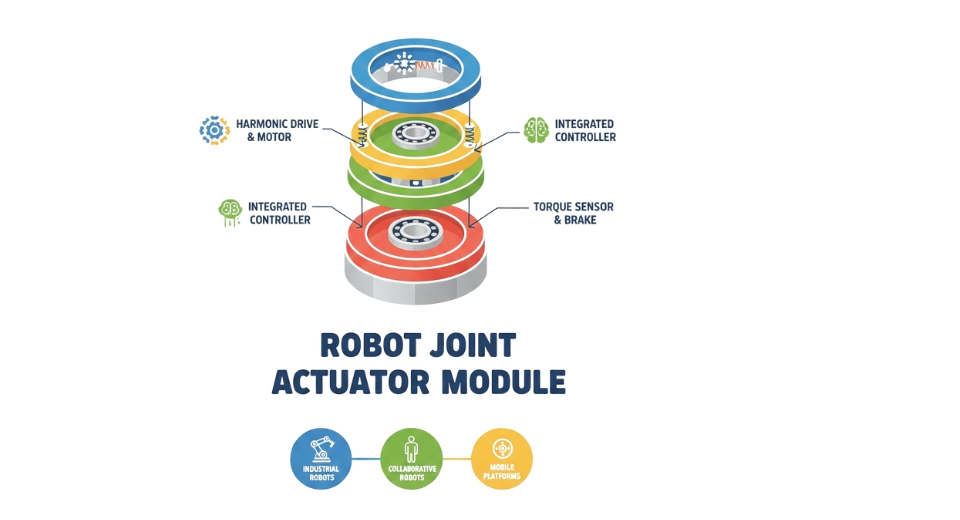
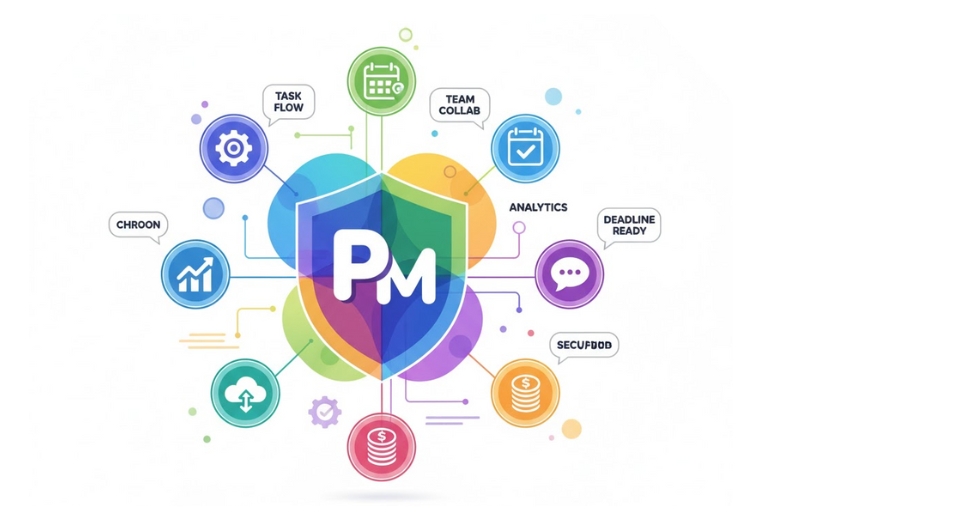
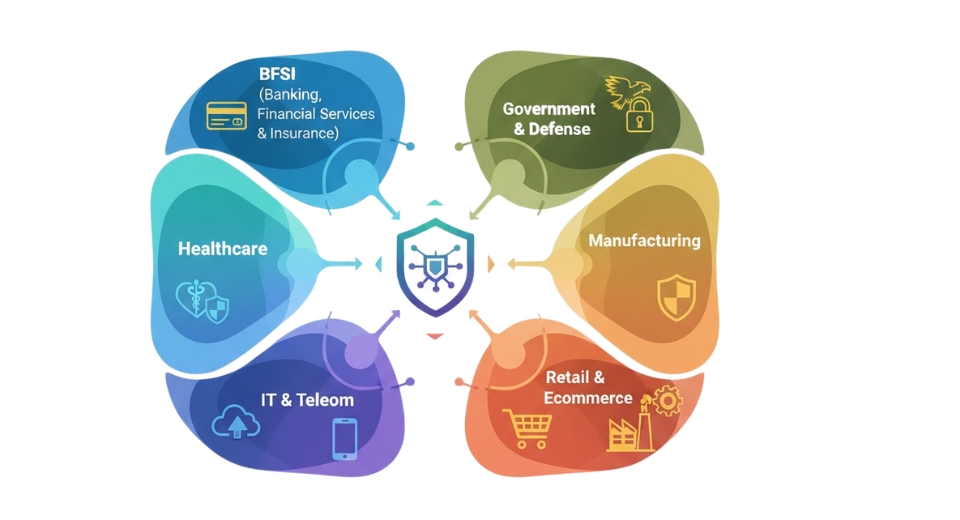
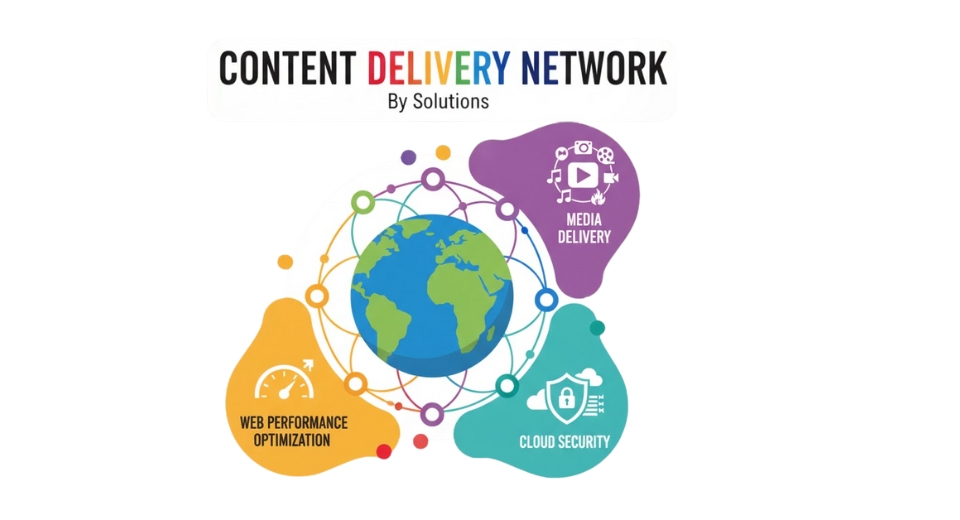

 US: +1 3023308252
US: +1 3023308252






